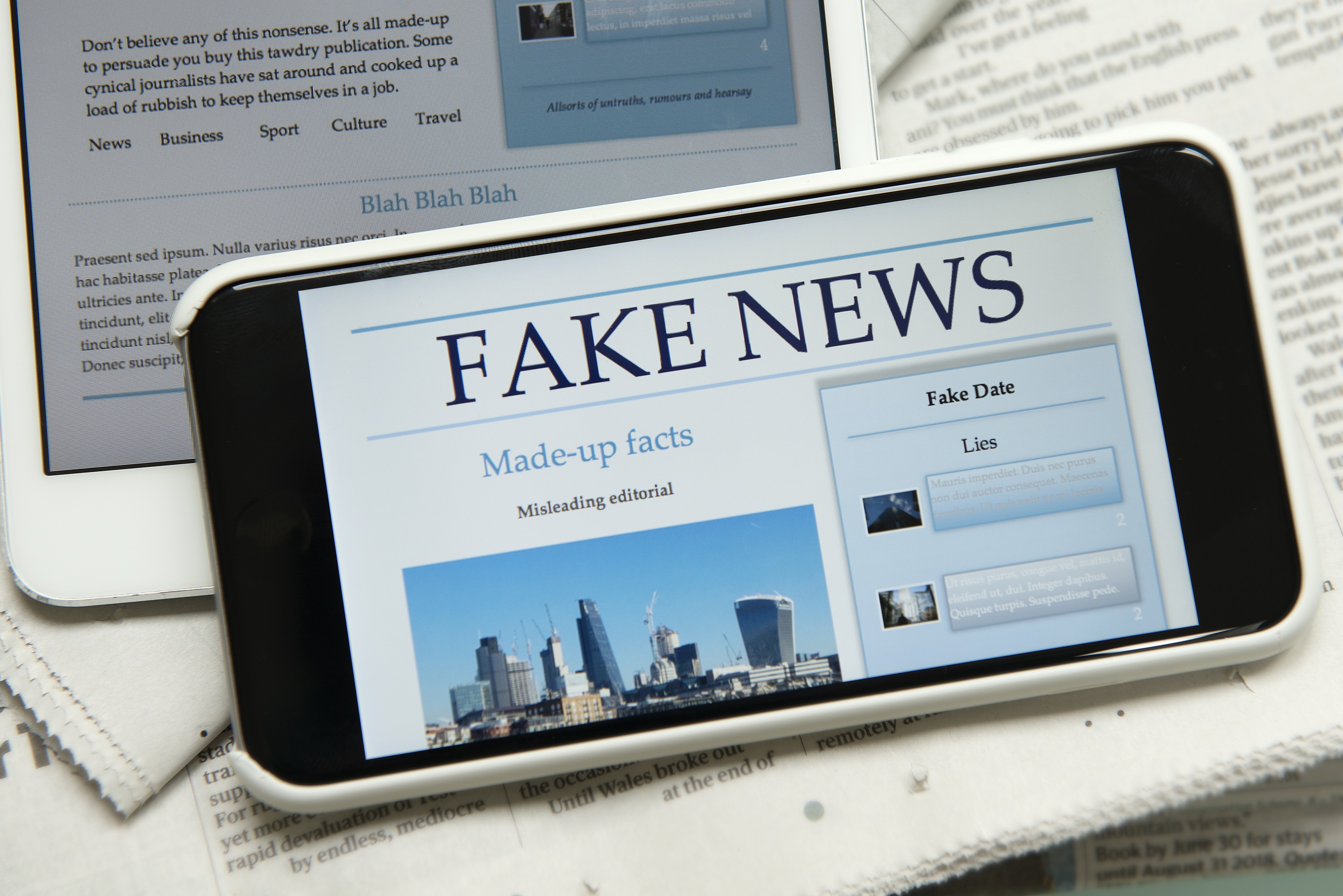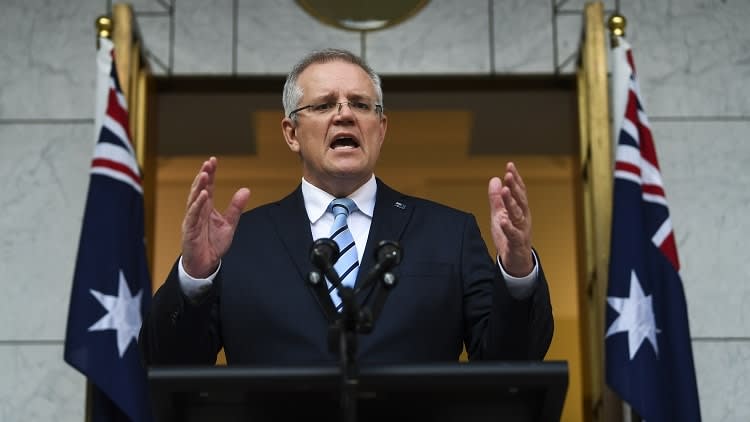-
How social media bots seed social discord
Elise Thomas | August 7, 2020The widespread proliferation of low-quality, unsophisticated but persistent disinformation and political influence efforts on social media can crowd out genuine information.
-
A lifeline for Australian media?
Rob Nicholls | August 3, 2020Cash strapped Australian media companies have been thrown a lifeline through a new draft code which allows them to bargain – individually or collectively – with Google and Facebook to be paid for the content they provide.
-
Why do conspiracy theorists film themselves spurning face masks?
Elise Thomas | July 30, 2020Taking away the immediate validation which conspiracy theorists are showered with when they post these videos online would remove a lot of the reason for making them in the first place.
-
The rise and fall of TikTok
Fergus Ryan | July 20, 2020With its back to the wall, the company behind the highly successful TikTok app is throwing everything it can at stave off further bans around the world, given fears over user privacy and its links to the Chinese Communist Party.
-
Turn on, tune in, lockdown
Julia Vassilieva | July 19, 2020Working alongside each other, broadcast media, social media, citizen science and individually-produced footage rapidly established a distinctive “visual economy” for screen representations of COVID-19.
-
The branch-stacking scandal: How the fourth estate safeguards Australian democracy
Liam Lander | June 19, 2020Traditional media outlets have suffered as a result of COVID-19, but the recent revelations of corruption within the Victorian Labor Party by investigative journalists underlines once again the vital role they play in protecting our democracy.
-
China’s twitter war against the West
Jake Wallis | June 14, 2020The Chinese government deploys propaganda and disinformation against the West to pursue its strategic goals, and Twitter has become a major battleground.
-
Just the facts, Ma’am
Caroline Tang | June 4, 2020Fake news has proliferated around COVID-19, so how can scientists cut through the misinformation about the pandemic to inform the public of the facts?
-
Schools should teach media literacy
Open Forum | June 1, 2020The COVID-19 pandemic has highlighted the importance of teaching students the difference between real and fake or misleading news say the authors of a new report into news media literacy education.
-
Holding politicians to account
Stephanie Brookes | May 31, 2020As the pandemic deepens the long-term financial woes of the news media in both Australia and the United States, it has also proved a timely reminder of the vital work of political journalism in democracies:
-
The truth is out there
Dana McKay | May 8, 2020COVID-19 has generated an information – and misinformation – overload. But what people need are updates that are relevant, concise and don’t offer false hope.
-
Arvanitakis on American politics: Don’t believe the social media hype
James Arvanitakis | May 2, 2020Promoting online literacy for young people and demanding social media quickly responds to fake news are worthwhile goals, but they do not deal with the underlying dissatisfaction which allows fake news to take root.













